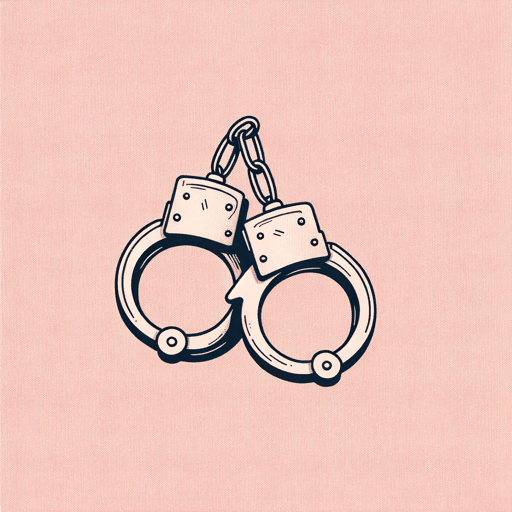51 pages • 1 hour read
E. L. DoctorowCity of God
Fiction | Novel | AdultA modern alternative to SparkNotes and CliffsNotes, SuperSummary offers high-quality Study Guides with detailed chapter summaries and analysis of major themes, characters, and more.
Symbols & Motifs
Movies
Movies are presented by and large as flattened, idealized versions of narrative forced to exist in linear time, whereas a novel is able to exist in a kind of epic, experiential, or intellectual time. In this way, movies represent the weakening of thought, though the novel is quick to point out that it wasn’t always this way, saying that the earliest movies were made cheaply and in conversation with the audience in a way that was eventually removed through the imposition of money and business. There’s an interesting biographical note to all of this, as several of E. L. Doctorow’s previous novels have been made into films, and none of them were considered critical or commercial hits. Though the criticism of film can be read through this lens, it also serves a rich thematic purpose, suggesting that Everett’s own attempts at storytelling are suffering from the same narrative problems as movies (he often thinks of what he’s writing as movie scripts, for example). The novel as a whole is a sprawling, messy take on life in the 20th century, but the book Everett is trying to write throughout City of God is much more like the novel’s idea of a movie in its intent.
Related Titles
By E. L. Doctorow






